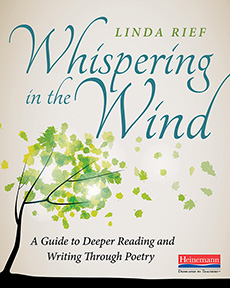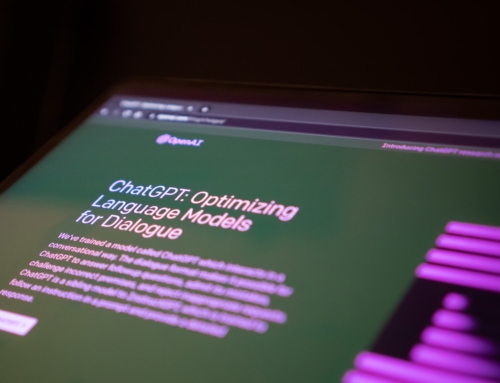Hello everyone and welcome to season 7 of the Teach Me, Teacher podcast! If you are new to these intro episodes, I treat these as focuses for the season and update listeners on where I am at as the host and guide of the show.
Times are changing, the new school year is here, and I am moving on to new and exciting adventures.
Enjoy the show and WELCOME to yet another season of Teach Me, Teacher!
I want to let you know about a free, virtual, conference for “cool” science educators coming up on August 5th. Its the 9th ScIC Science is Cool unconference. But of course all science teachers are cool so that means everyone is invited!

Your students (and maybe even you) might cringe at the word poetry. For many, poetry feels like finding the hidden meaning the poet worked so hard to hide from the reader. If poetry confuses your students, they’re likely to avoid it altogether.
In Whispering in the Wind, master educator Linda Rief provides a cure for poetry agony. She introduces “Heart Books,” a project inspired by the Heart Maps of Georgia Heard. Linda has used Heart Books throughout her teaching career to help students read more poetry, connect with it, and see how they, too, could write poetically.
Help students find (and respond to) poetry they’ll love

Linda explains how to create and use Heart Books in any classroom by:
- helping students discover poets who surprise and delight them
- using Heart Books as a pathway to find poetry that rings true for each student
- encouraging students to deepen their understanding of themselves, and others
- teaching students to respond to poetry with an authentic voice
How do you squeeze one more unit into your curriculum? This is not a book about teaching a standalone poetry unit. Instead, you’ll learn how to use transition times for this learning—all those in-between times throughout the year, such as right before a new unit, and leading up to, or returning from, vacations or holidays.
Linda believes this is work worth doing in any classroom because “poetry is what ‘whispers in the wind,’ guiding us toward deeper reading and a heightened awareness of what makes compelling writing.”






